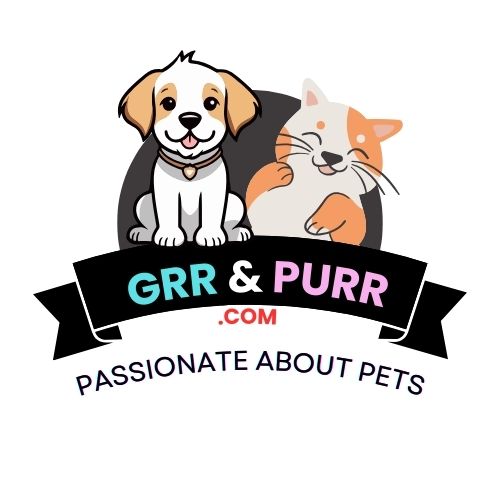Owning a long-haired dog is a delightful experience that comes with a mix of challenges and rewards. These fluffy companions offer unmatched snuggling opportunities, creating an affectionate bond that warms the heart. Additionally, many long-haired breeds tend to shed less than their short-haired counterparts, making them an appealing option for potential pet owners concerned about fur flying around the house. However, cosmetic beauty comes with its share of practical considerations, especially when it comes to grooming and hygiene. The unfortunate reality for long-haired dog parents is the persistent problem of fecal matting—or as it’s colloquially known—”poop butt”.
Grooming: Preventing Fecal Accumulation
Maintaining a long-haired dog’s coat is not just about aesthetics; it is essential for their health and well-being. Grooming should be a regular part of your dog care routine, ideally occurring once a month or more frequently based on the specific breed, coat length, and type. Professional groomers can perform meticulous work, trimming around critical areas, including the rear, legs, and under the tail. This hygienic trim, often referred to as a “potty patch,” is essential for preventing fecal matter from becoming trapped within the fur, which could lead to infections and other complications. It’s a small effort that speaks volumes in maintaining your dog’s health.
While relying on groomers, it’s also vital to invest time in at-home care. Brushing not only helps prevent tangles but also allows pet owners to monitor their dog’s overall health. Bathing, however, should be approached with caution; over-washing can strip your dog’s coat of its natural oils, leading to skin issues. Utilizing waterless shampoos can provide interim cleaning, especially after outdoor adventures that tend to attract dirt and debris.
The Importance of Diet: Solidifying the Situation
Another critical aspect of managing fecal matting is addressing the dog’s diet. Consistency in producing firm, well-formed stools is crucial to avoid the awkward and distressing moments of cleaning up after soft stools that cling to the hair. Ensuring that your long-haired pup receives a balanced diet rich in essential nutrients, including adequate fiber, can significantly reduce the likelihood of messy situations. Whether you prefer premium commercial brands, home-cooked delights, or raw diets, focus on maintaining solid bowel movements.
Moreover, adding probiotics can work wonders by enhancing gut health and solidifying stools. This not only reduces the potential hazards of “poop butt” but also boosts your dog’s overall health, ensuring they are capable of enjoying all the adventures that life brings their way.
Understanding Fecal Impaction: The Vet’s Perspective
Veterinary professionals often refer to matted fecal matter in a long-haired dog’s coat as “pseudocoprostasis.” This condition can escalate if ignored; what begins as a mere inconvenience may evolve into serious health risks. Obstructed rectal passages can lead to severe complications like vomiting, loss of appetite, and even skin irritations beneath matted fur. These potential outcomes highlight the importance of prompt attention and veterinary consultation for dogs experiencing chronic issues with soft stools or constipation.
Professional veterinary guidance is invaluable for diagnosing potential underlying problems, such as infections or chronic gastrointestinal conditions, and developing a tailored dietary plan that addresses the specific needs of your furry friend.
Practical Tips for Everyday Care
Despite the best efforts in grooming and maintaining a balanced diet, accidents are inevitable. When faced with a “poop butt” situation, it’s crucial to act swiftly. The sooner you manage the mess while it’s still moist, the easier it will be to clean. Moist grooming wipes or appropriate cleaning products designed for pets can be effective in tackling these little disasters. Additionally, using waterless shampoos can act as a quick fix to remove stubborn remnants without putting your dog through a full bath, thus preserving their coat’s natural health.
Remember, routine checks after potty breaks can make all the difference in catching issues before they escalate. Maintaining hygiene is not just about keeping your home clean; it ensures that your long-haired canine companion remains comfortable and happy. Regular checks will leave you well-equipped to handle any situation, allowing you to enjoy the affectionate nature of your long-haired pooch without the anxiety that comes from hygiene issues.
Taking care of a long-haired dog is indeed a labor of love, but with the right strategies, it can be an incredibly rewarding experience, fostering an even deeper bond with your furry friend.

